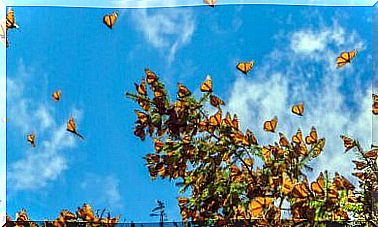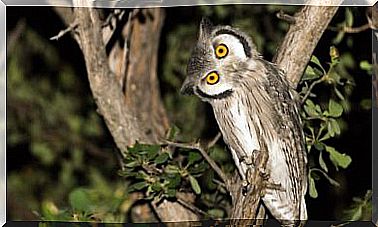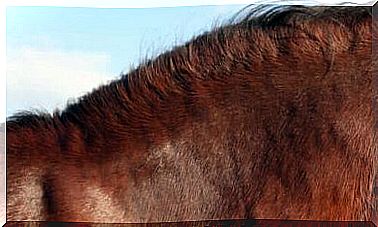Endemic Species: What They Are And What Benefits They Bring
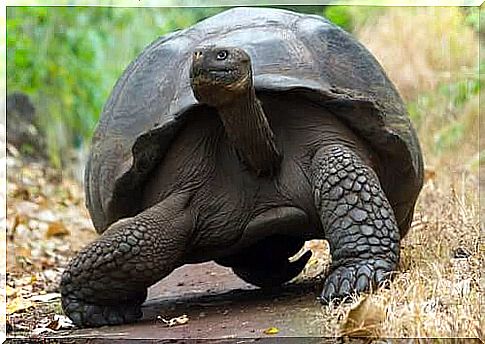
Those species with a limited distribution are called endemic.
In nature, endemic species are present
exclusively in a specific area.
In today’s article we will explore the topic of endemic species. What are its characteristics? What benefits do they bring to the natural ecosystem?
The term endemism is used for both plants and animals. It defines those species distributed in a small and specific territory, such as an island or a desert.
Discovering endemic species
The endemic species are found in a specific and limited territory. They can be distributed in any type of natural space, such as the top of a mountain, an island, a lake… This concept is applied to species, but it can also refer to subspecies, genera or families of animals and plants.
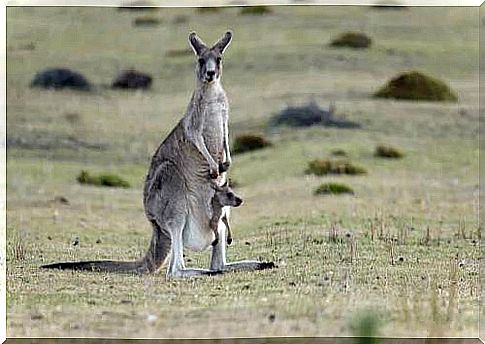
Thanks to their isolated position, the islands are the typical place where it is possible to find endemic species. For example, Australia has not been in contact with the rest of the planet for millions of years. Therefore, it presents a different and exclusive flora and fauna of that territory.
Other similar cases include: the Galapagos Islands, Hawaii and the Canary Islands. These are archipelagos of volcanic origin, which have never been in contact with other continents. In these territories it is possible to find species that do not live in any other area of the Earth. This is the case of the Galapagos tortoises, the hoary bat or the Gran Canaria blue finch.
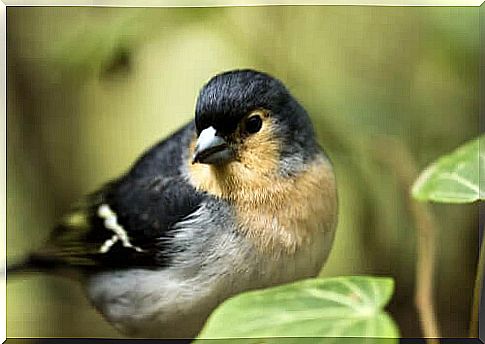
The importance of endemic species
One feature of endemic species that is important to know is vulnerability. In fact, being distributed in limited areas, the possibility that they will undergo even very negative changes is higher. Among these we find: changes in the population, reduction of the survival rate, poaching … This means that they are more vulnerable to the risk of extinction.
Moreover, these are usually species more sensitive to changes in their habitat. The destruction of a forest or the construction of a factory, for example, can cause significant changes.
Conserving endemic species to protect the territory
For an island, a forest or a specific geographical region, endemic species are very important. Currently, the distribution of these animals has changed due to human action. The introduction of these species in different territories constitutes an excellent example of human intervention. Sometimes they are used as pets, or as specimens for zoos.
The importance of conserving these species stems from the fact that they are very limited in terms of quantity. As a result, their disappearance means the loss of special and unique specimens.
These are species that, in general, have been able to adapt to the new habitat by carrying out a specific function. In fact, they are part of the food chain, which in the event of their extinction would be significantly altered. Let us consider the example of a bird of prey that feeds on a certain type of reptile. The disappearance of the bird of prey would lead to an excessive proliferation of its main “food”, with direct consequences on the environment .
Negative consequences of the introduction of species not belonging to the territory
The introduction of endemic species is not always intentional. But it still leads to various changes in the relationship between the territory and the fauna present. Yet it is precisely the new species introduced that suffer the greatest consequences. The causes? The need for adaptation to the new habitat, the diseases they can take or transmit …
It is true that all animals must be protected, but in the case of unique species it is even more important. As you have seen, they are not very widespread, limited to well-defined territories. This feature leads them to be more fragile and vulnerable than other species. Endemic species cannot be replaced in the event of extinction, therefore they are indispensable for their ecosystem.


